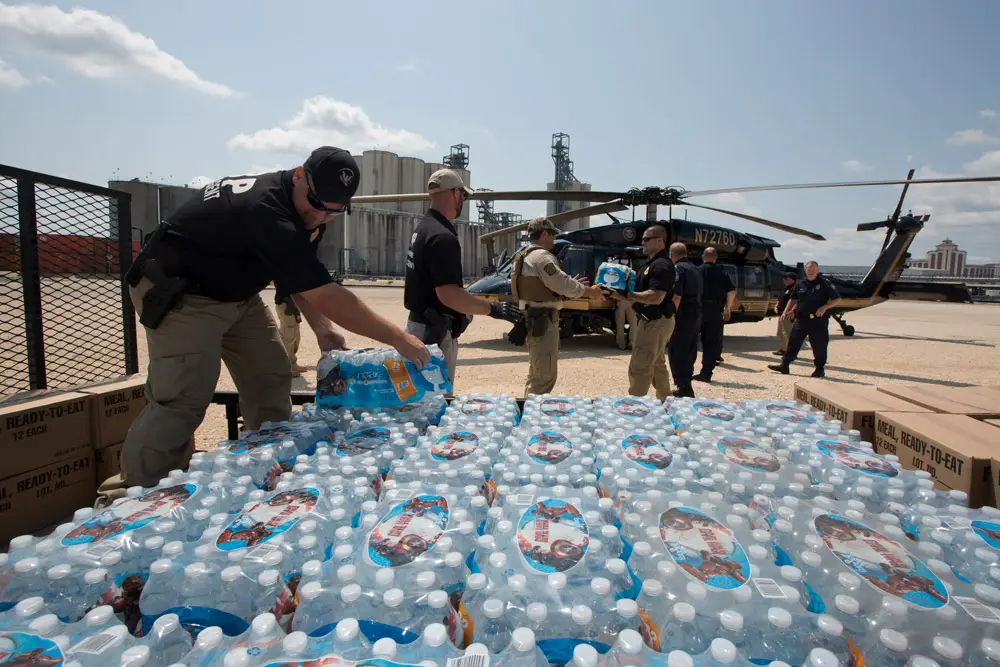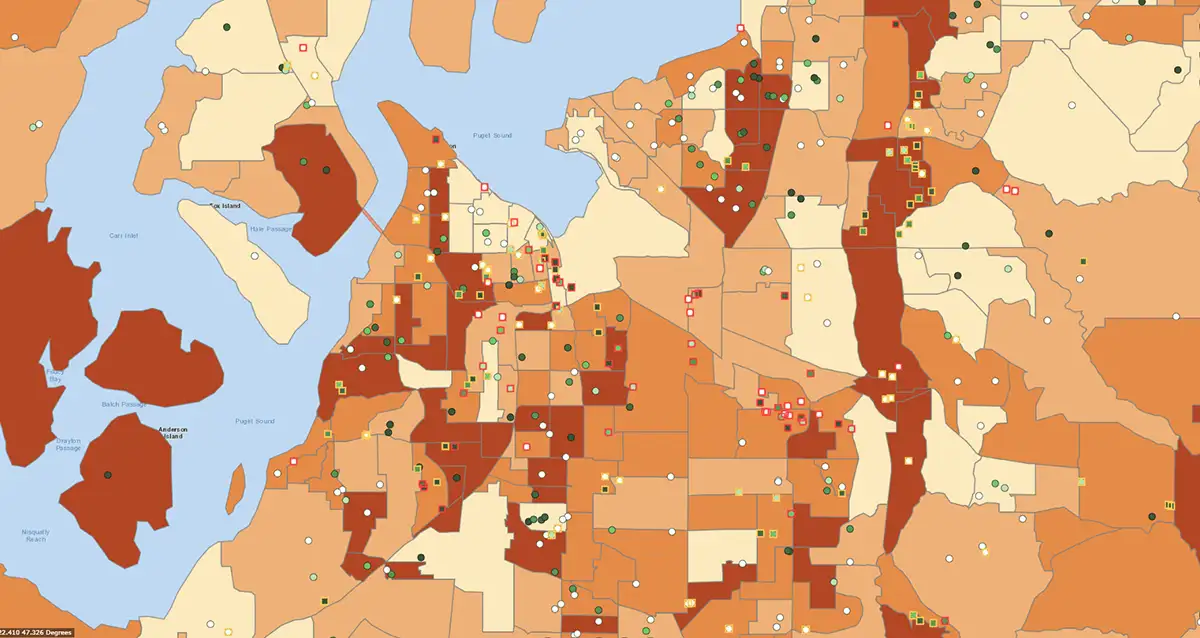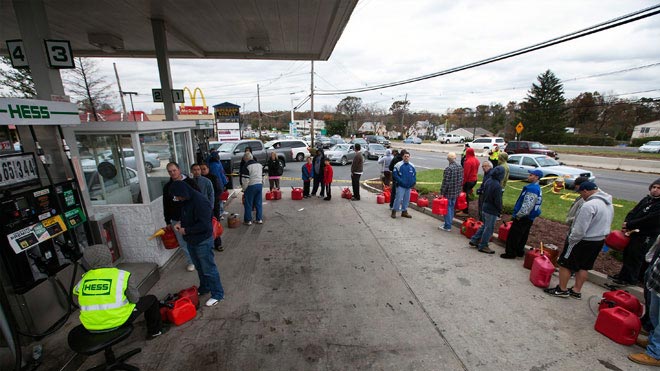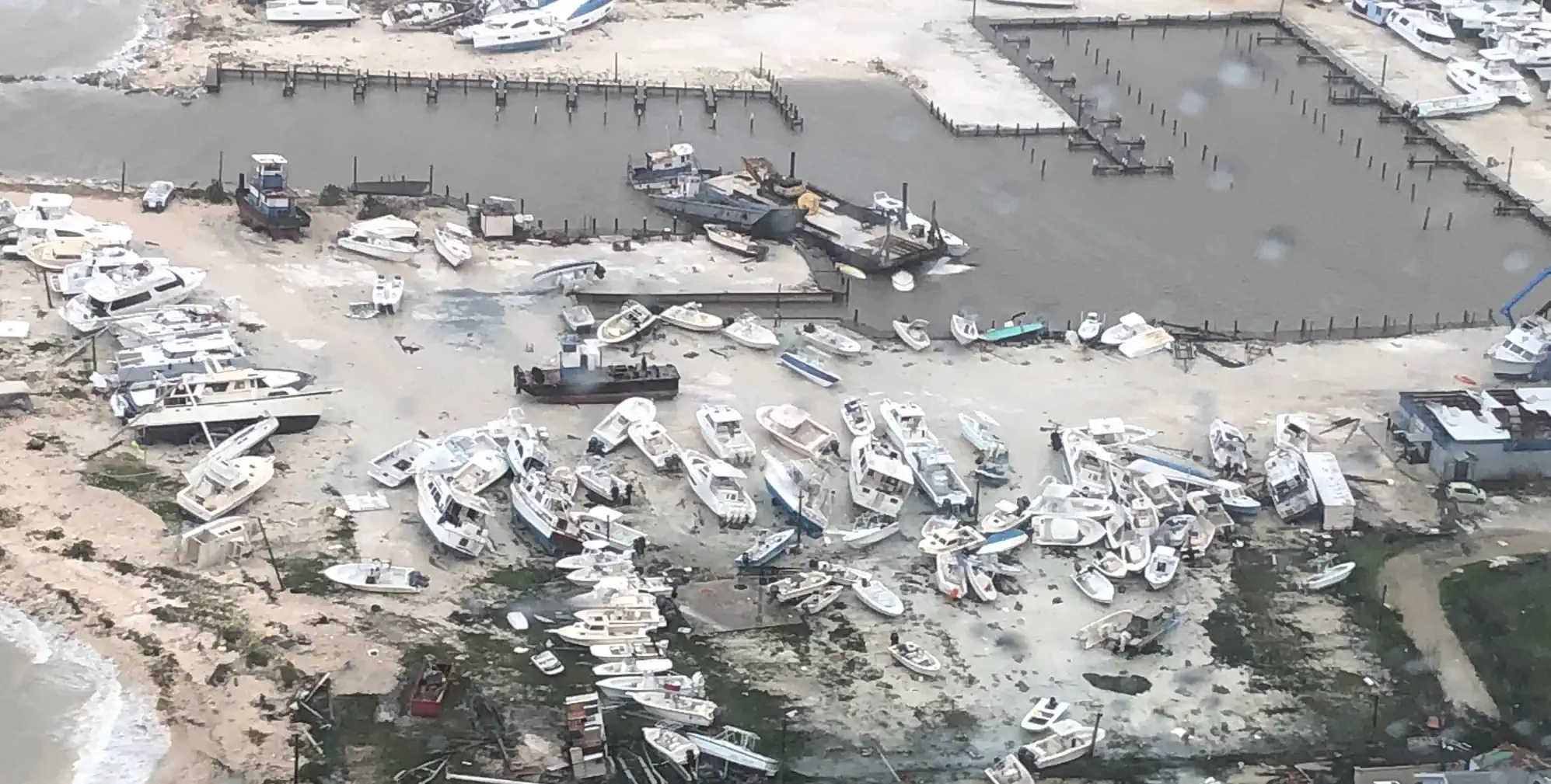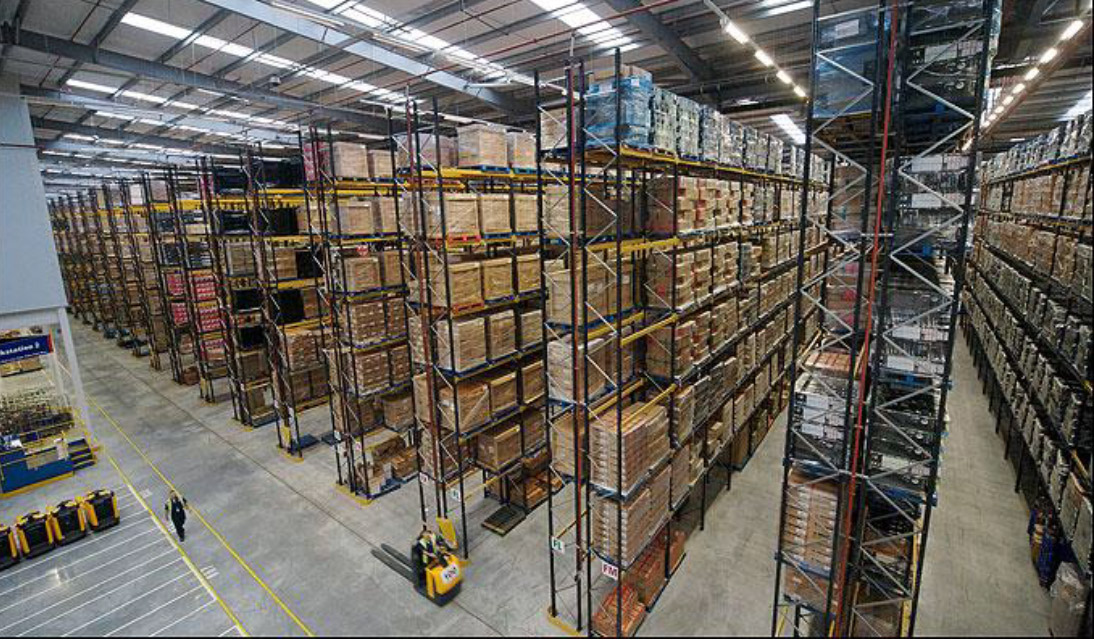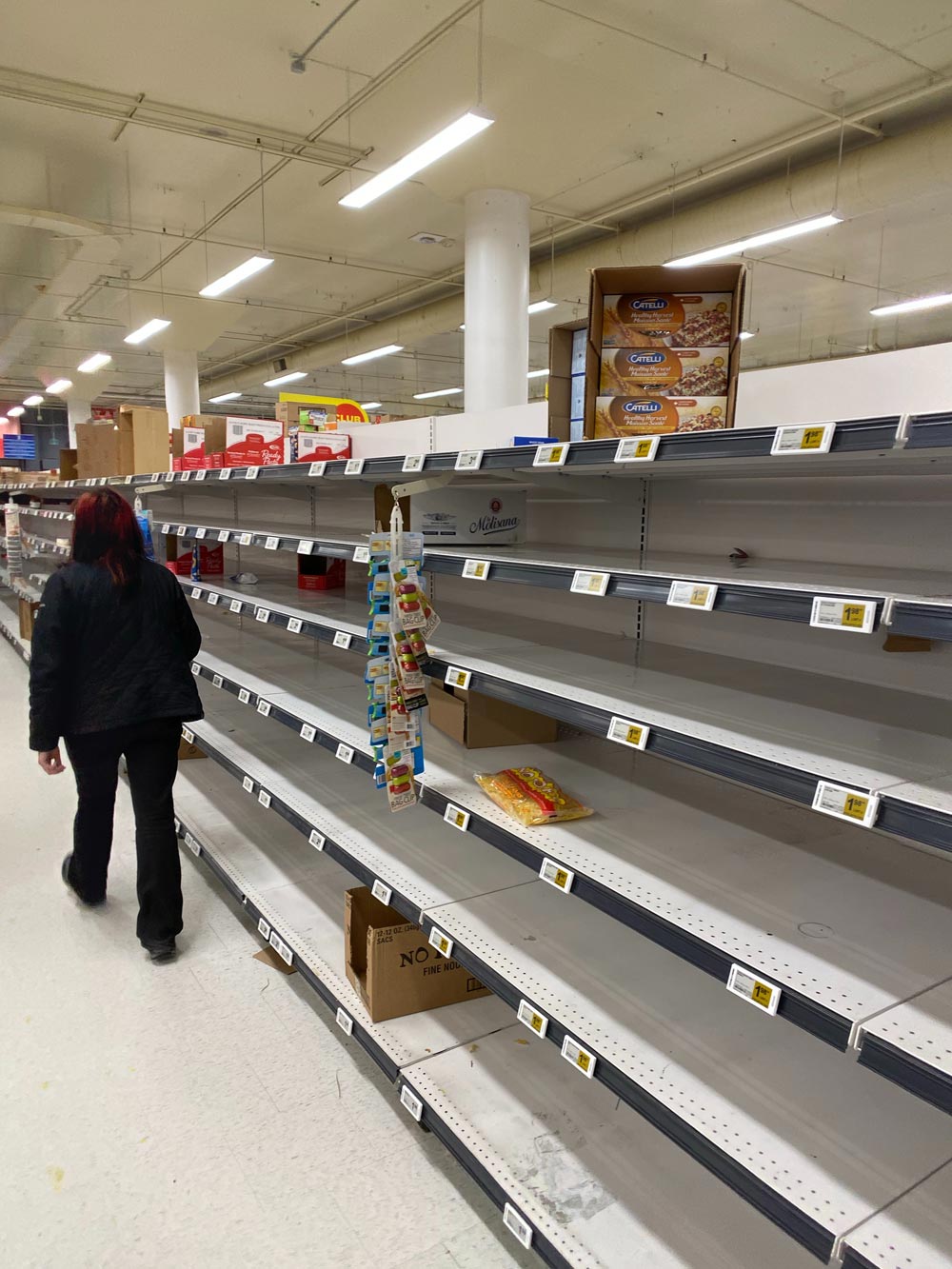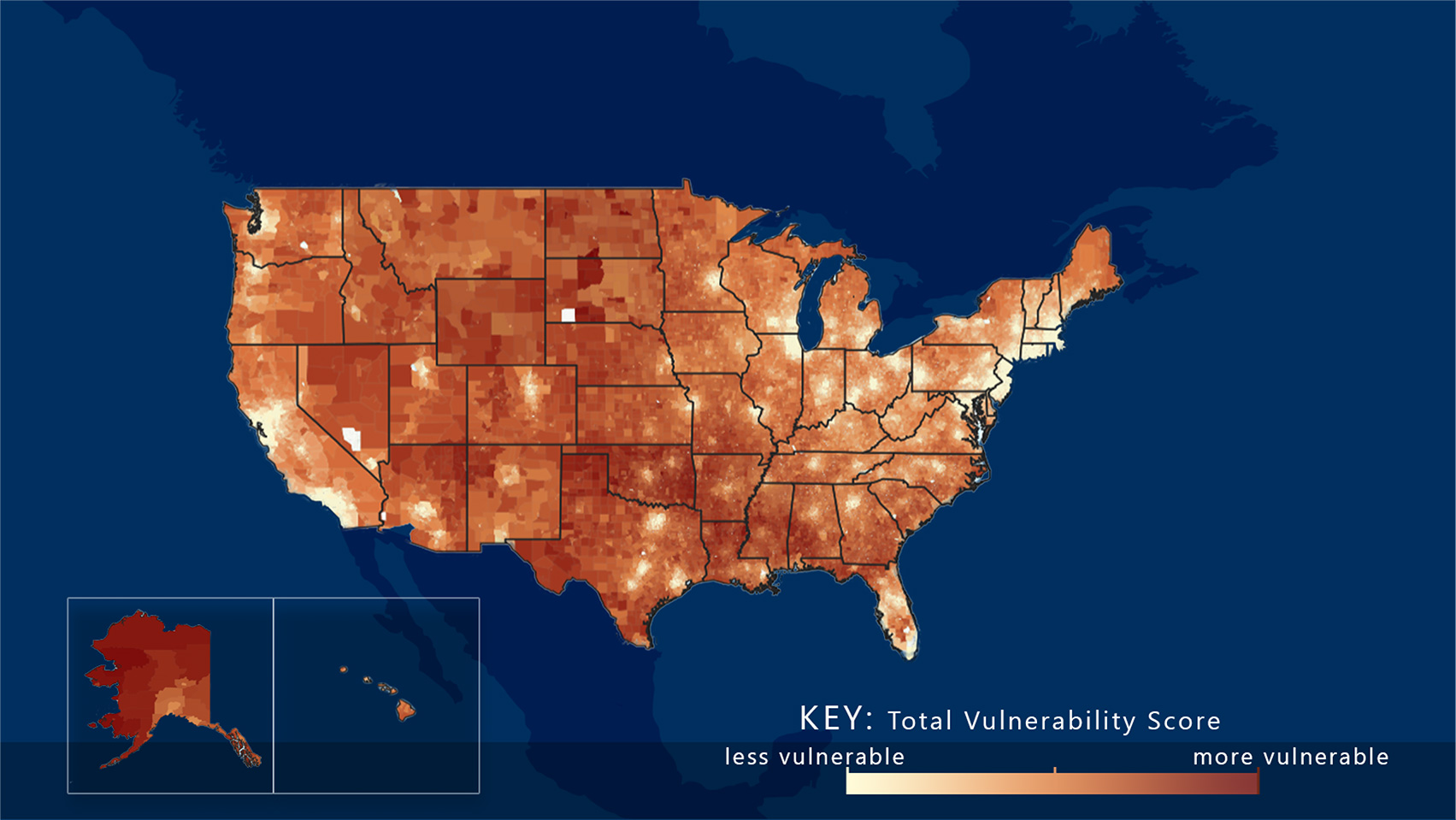Supply Chain Resilience Expertise at CNA
CNA is a national leader in regional supply chain resilience planning and emergency response for food, fuel, water, medical supplies, and other lifeline commodities. For FEMA and other agencies, we have assessed supply chain resilience in real time for 20 natural disasters and other emergencies. And we have analyzed supply chain systems as a baseline for several regional emergency management exercises and planning efforts.
Supply Chain Analysis Network
As a core member of the Supply Chain Analysis Network (SCAN), CNA contributes to the annual National Strategic Supply Chain Risk Analysis, presented to the FEMA administrator’s office in advance of each hurricane season since 2022. CNA also supports SCAN special investigations such as the National Fuel Ecosystem Assessment, which was commissioned after the Colonial Pipeline cyberattack. In the event of a disaster or other supply chain disruption, CNA’s Center for Emergency Management Operations supply chain resilience experts are called upon to provide real-time analysis for FEMA as part of SCAN.
Catastrophic Planning
Numerous regional and local emergency management agencies have prepared for catastrophes with insights from CNA analyses of the flows of food, water, fuel, and freight. We employ tools like geographic information systems, or GIS, to map flows and assess critical nodes, bottlenecks, key players, dependencies, and access challenges. Decision-makers use this information to mitigate likely supply chain bottlenecks that could break down in a catastrophe and to identify the locations of vulnerable populations that will need post-disaster access to lifeline commodities. For example, CNA developed a map tool for the Puget Sound region of Washington to help prioritize and select the locations of community points of distribution for food and other critical commodities in the event of a major earthquake or other disaster.
Facilitating Private Sector Recovery After a Disaster
CNA supply chain resilience experts have played a pioneering role in a major shift in thinking about the government’s role in supplying lifeline commodities like food and fuel after hurricanes, earthquakes, and other natural disasters. Our analyses have shown that private sector supply chains have much greater throughput than government relief—and are generally quite resilient after disasters. The government, rather than trying to replace supply chains by surging emergency provisions into disaster areas, can promote better outcomes by targeting relief efforts and helping facilitate private sector supply chain recovery. SCAN has developed a list of 40 levers that government leaders can use to support the resilience of commercial supply chains in a catastrophe.
Supply Chain Research
